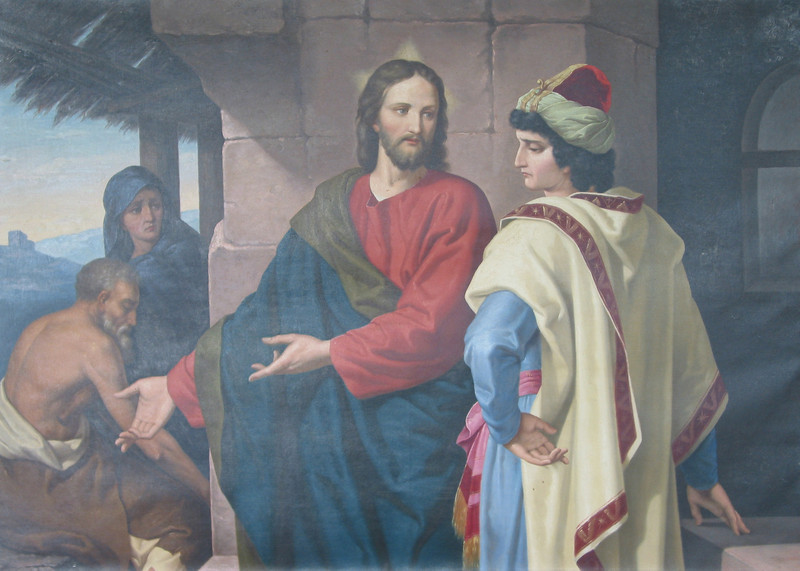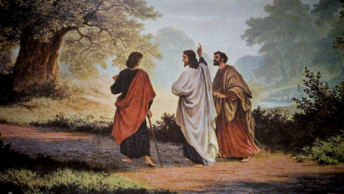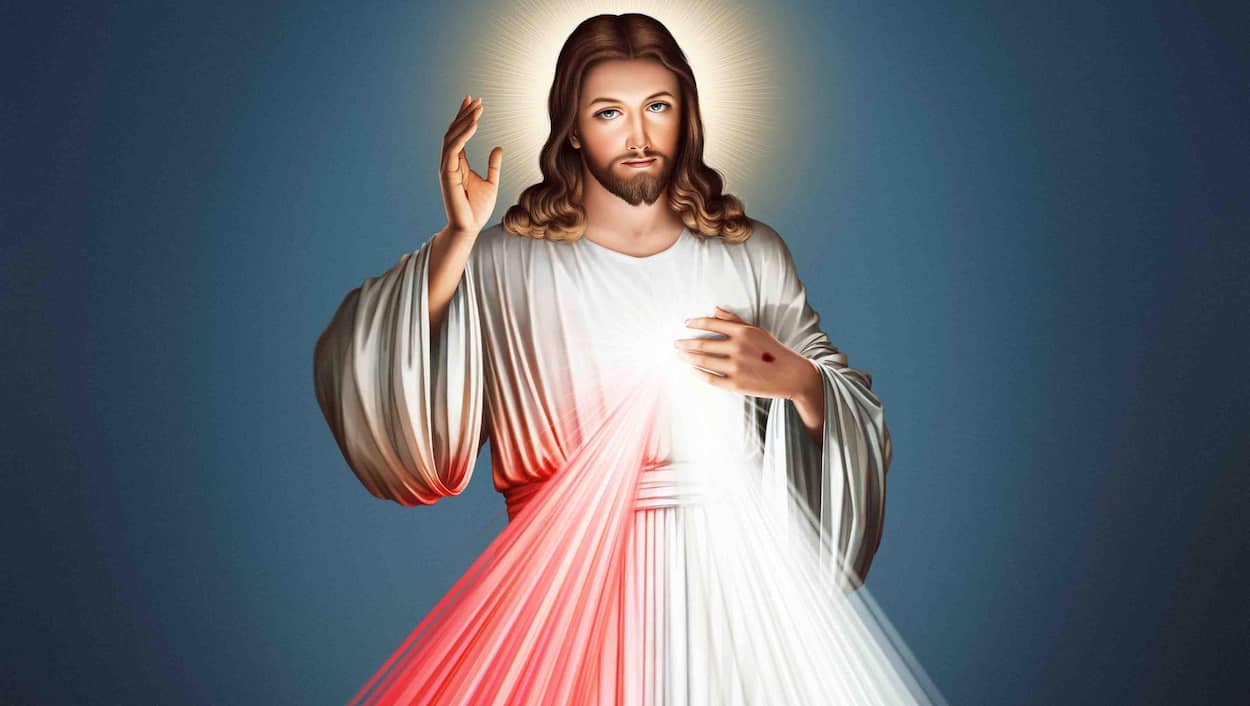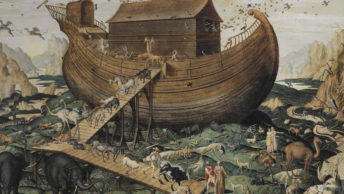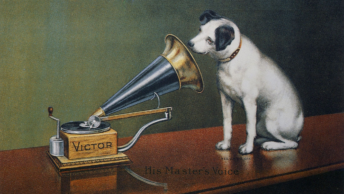During this earthly existence, how often have we been told by others that we should change the path of our life?
As we ponder this question, most of us will immediately travel backward to the time of our childhood or young adulthood. While there, we hear the voices of our mother, father, grandparents, aunts, uncles, and true friends gently (although sometimes with a brickbat) prod us to radically shift course. In a certain sense, they see us in a unique way. Because of their love for us, they are provided courage to boldly vocalize their criticism. Hence, their declaration that we have been lazy arises from the potential that they see in us, one that will only be realized through hard work. Or still yet, they may see that we have gone astray and adapted our lifestyle to the lowest common denominator of an ever downward-plunging culture.
In Mark’s Gospel (10:17-22), the story of Jesus and the rich young man provides us fuel for considering the change needed within our lives.
As he was setting out on a journey, a man ran up, knelt down before him, and asked him, “Good teacher, what must I do to inherit eternal life?” Jesus answered him, “Why do you call me good? No one is good but God alone. You know the commandments: ‘You shall not kill; you shall not commit adultery; you shall not steal; you shall not bear false witness; you shall not defraud; honor your father and your mother.’” He replied and said to him, “Teacher, all of these I have observed from my youth.” Jesus, looking at him, loved him and said to him, “You are lacking in one thing. Go, sell what you have, and give to [the] poor and you will have treasure in heaven; then come, follow me.”At that statement his face fell, and he went away sad, for he had many possessions.
In pondering this potential, life-changing event, we do well to place ourselves within this story. Like the rich young man, do we enjoy rationalizing our way to the answer key and then proudly pointing to the ways that we have solved each question? In pursuing this way, however, we might also falsely lull ourselves into a belief that we always know what is best for our lives. By following this trajectory, our primary peril rests in playing the role of Game Maker. Hence, as we dutifully assemble the rules, we might forget that we are not the Creator and Master of the kingdom. Thus, like the rich young man, we encounter Jesus. We hear His voice. But it is as though we are paralyzed. His voice says:
Come, follow me.
But we cannot. For His rules are not ours. Now trapped within our own inability to change, we stagnate.
Pope Pius XII wrote in his encyclical, Humani generis, that:
So it happens that men in such matters easily persuade themselves that what they would not like to be true is false or at least doubtful.
Today, our culture offers up a smorgasbord of amenities that appear to be the full course. In truth, however, the main entrée is excluded: the joy that comes from following the Good Shepherd from Nazareth.

